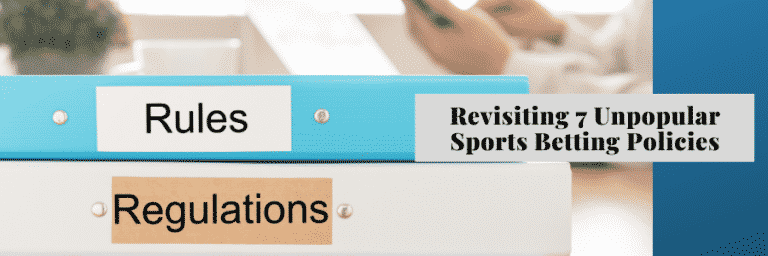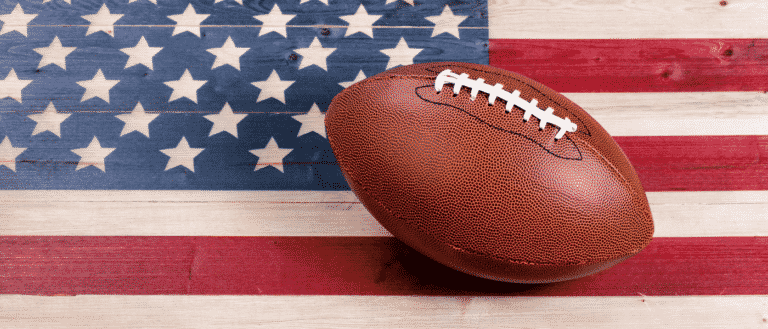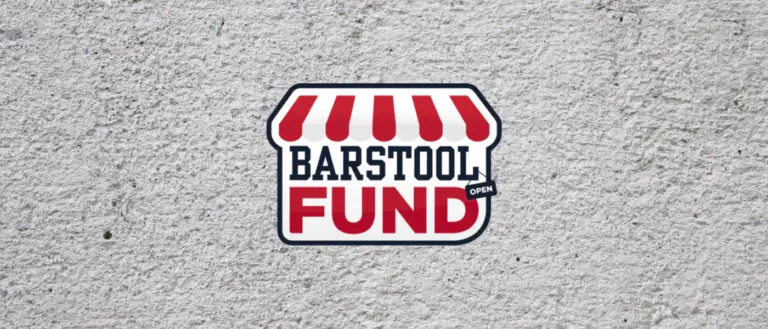Webinar Takes Aim At Online Gambling Advertisements

Gambling advertising is a topic of growing concern. The subject was tackled in a recent webinar hosted by Stop Predatory Gambling, the Campaign for Gambling-Free Kids, and Public Health Advocacy Institute (PHAI). The webinar, titled America’s New Storm of Gambling Advertising: A Threat to Public Health, was led by Les Bernal, the national director of Stop Predatory Gambling, and featured two panelists:
- Mark Gottlieb, executive director Public Health Advocacy Institute
- Harry Levant, founder, Ethical Gambling Reform Group
Mark Gottlieb on Gambling’s Similarity to Smoking
The webinar began with some words from Bernal, followed by Gottlieb, who compared gambling to tobacco. The analogy isn’t perfect, but Gottlieb masterfully intertwined the two vices, noting that both products are easy to conceal and are designed to alter behaviors. Hence, users crave the next cigarette or bet. Another similarity between smoking and gambling is the harms are often latent and can take years to surface.
Gottlieb’s chief concern was gambling advertisements following big tobacco’s footsteps and becoming part of the show. There is a significant difference for Gottlieb, and in his mind, sports betting is no longer a standalone product; instead, it’s woven into sporting events.
Next, he listed the social harms of gambling:
- Housing insecurity and homelessness
- Depression and suicide
- Debt
- Domestic violence
Gottlieb concluded his remarks by noting that children and young adults are at an increased risk of problem gambling, and “judging by the advertising we are seeing and where we are seeing it, the industry understands its target demographic.”
His solution was simple and measured: impose reasonable restrictions on the industry to rein in these practices.
Harry Levant: PASPA Repeal Caused a Public Health Crisis
After Gottlieb concluded, Levant took over, telling the roughly 100 attendees on Zoom that the purpose was to draw attention to the public health issues from commercialized gambling. He added that the result of the PASPA repeal is a public health crisis.
Levant believes the industry’s campaigns for self-regulation will fail the public, leading to rhetorically asking, “Is responsible gaming as advocated by the gambling industry a sound public policy?”
As he explained, self-regulation, the industry’s preferred model, is an easy target if there isn’t total buy-in from the industry and its affiliated partners, and Levant had the receipts to prove it.
One of the main issues is, as Levant put it, that gambling companies are now working with teams, leagues, the media, and states. Meaning the same groups that could rein in gambling are now partnered with gambling companies.
The meat of Levant’s presentation was what he called A.A.C. A three-pronged approach designed to promote three dangerous behaviors among bettors: Access, Action, and Chase.
According to Levant, gambling hooks customers by having access to customers, keeping them in constant action, which will cause them to chase gambling highs and losses.
As Levant’s PowerPoint presentation highlighted, advertising is everywhere, occurring at all hours, and routinely uses celebrity participants displaying problematic betting activity.
More worrisome, sometimes these ads are specifically targeted at young adults, as was the case in the recent “Bet $20 get $300 with CODE LSU that was emailed to the LSU student body (many under 21) as part of the Caesars-LSU partnership.
And then there are the so-called “Risk-free” bets, where customers who forego reading the fine print will discover that rather than a refund, they receive site credits – which, as Levant argues, leads to more bets and chasing.”
Another target was playthrough bonuses. Levant showed a $2,000 online casino bonus offer and then queried the participants how much they thought a customer would need to wager to receive the full bonus. According to Levant, the $2,000 bonus requires between $60,000-$600,000 in wagers (sometimes in as little as 30 days), depending on the casino game a customer plays. A second $5,000 bet-match promotion was derided for not performing affordability checks.
Why This Is Important
Problem gambling may seem a strictly financial problem, but its impact goes far beyond debt and bankruptcies.
As Levant notes, 50% of problem gamblers contemplate suicide and 20% attempt suicide. Levant disclosed he is included in that number.
These presentations demonstrate how easy it is to paint gambling negatively and how digestible these talking points are to the general public. The industry needs to get serious about these issues, or self-regulation could quickly morph into government over-regulation.







